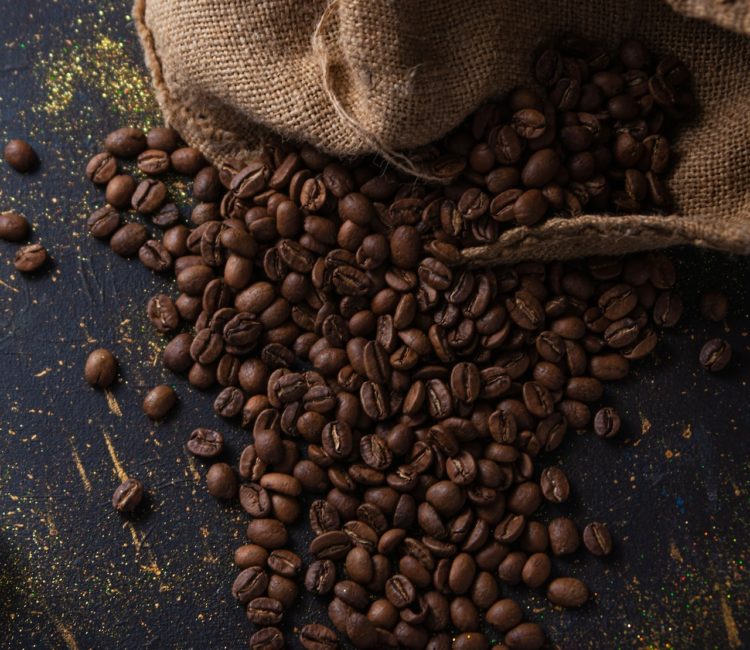
Table of Contents
Toggle1. Choose high-quality, fresh beans
Using high-quality, freshly roasted beans is the foundation of great espresso. Look for beans that are roasted within the last two weeks and have a visible roast date on the bag. Try to avoid coffees with a “best before” date, because that doesn’t give you any information on when the beans were actually roasted. There is no rule on how to calculate the best before date.
Your best source willbe finding a local roaster in your area. They can give you personalized recommendations, and usually brew in smaller quantities so the beans that you find on the shelf are usually nice and fresh!
2. Invest in a good grinder
It doesn’t matter how good your espresso machine is, if you don’t have a good grinder, you’re setting yourself up for failure. Consistently ground coffee is key to a great shot of espresso. You want the grounds to be fine, equal in size, and not clumpy.
You are going to want to make sure that you have a burr grinder, anything with blades will not give you a fine or consistent enough grind. High quality burr grinders will also allow you to make fine adjustments to size which will help you dial in your extractions and timing.
If you don’t have a budget quite yet for a good grinder, a local shop will be able to grind your beans for you, but this won’t let you find tune your grind size and they will start to lose freshness more quickly.
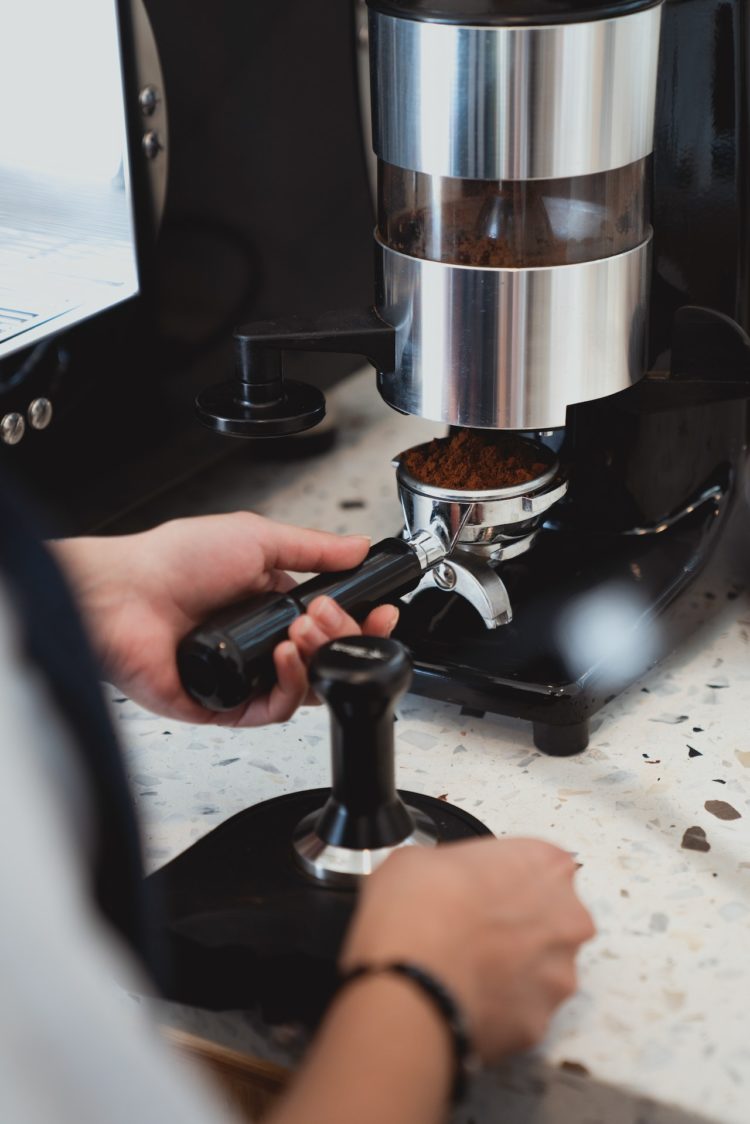
3. Measure your coffee (by weight!)
Using the correct amount of coffee for each shot is crucial for a balanced and flavorful shot of espresso. Measuring allows you to test your coffee ratios, and repeat your results when you have everything dialed in and tasting great!
Make sure you aren’t trying to use a coffee scoop to measure, that won’t be accurate enough. Invest in a digital scale, accurate to 0.1g to ensure you always have accurate measurements.
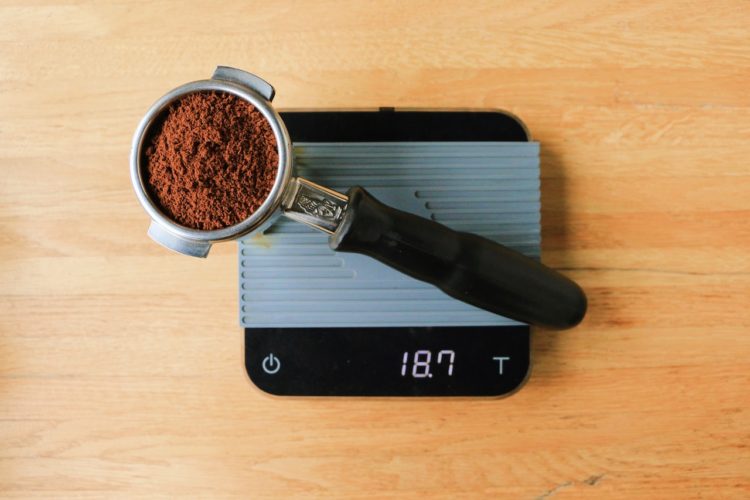
4. Time your shots
Timing your shots will help you to reproduce great espresso shots time and time again. You want to aim for 25-30 seconds for a double shot of 60mL. You can adjust your grind size and dose amount to add or remove time as required. Take notes on your variables and how. your shot turned out so you can tweak your recipe and continue improving!
Some scales will have a timer feature as well so you’ve able to track both weight and shot time together.
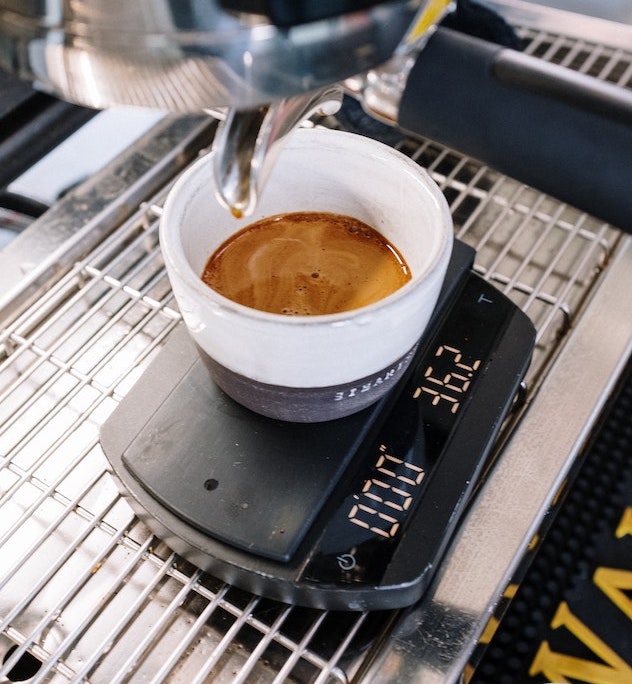
5. Use filtered water
The quality of the water used can greatly impact the taste of your espresso. Remember, your coffee is mostly made up of water, so ensuring it’s high quality and without chemicals will have a big impact on your coffee. Use filtered water to remove any impurities, not only will it improve the flavor, but it will keep the plumbing inside your espresso machine clean as well.
6. Preheat your equipment
The amount of water used when making espresso is low, so it’s easy to affect the temperature when coming in contact with something cold. Preheating your machine and portafilter will ensure that the espresso is brewed at the proper temperature, resulting in a better extraction.
7. Distribute and tamp evenly
Preparing the puck with your freshly ground coffee is important, you don’t want to just fill up your basket and lock it into the machine. Ensure that the coffee grounds are evenly distributed in the portafilter, you may want to eventually look into a WDT, but to start, just make sure that there are no clumps and everything is evenly spread out.
If your espresso machine came with a plastic tamp, you’re going to want to replace that with a higher quality metal tamp fairly quickly. Once you have that, focus on strong, but even pressure to ensure a uniform extraction.
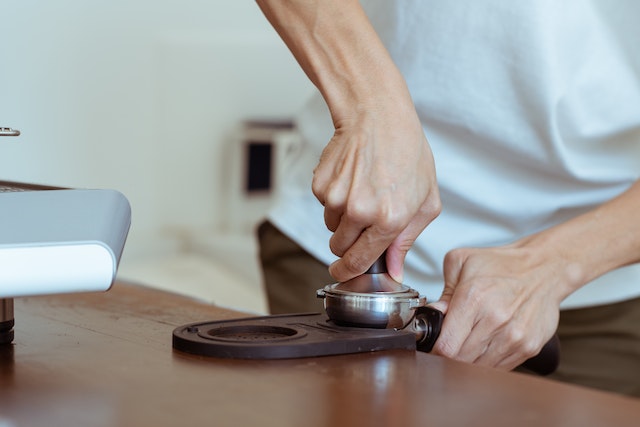
8. Taste your espresso
This one probably seems a little obvious, but tasting your espresso is crucial to improving your brew! Take notes on the taste, and the details on your inputs so you can adjust your technique accordingly.
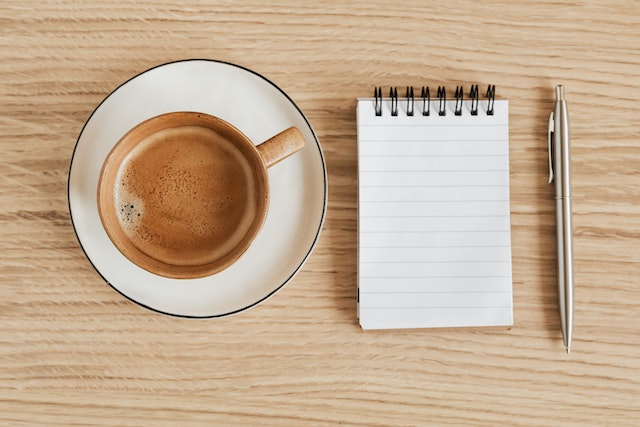
9. Clean your equipment regularly
This one is often forgotten, but keeping your equipment clean will prolong its lifespan and help to maintain the quality of your espresso. Make sure that you wipe down the screen and wash the portafilter with soapy water each day that you use your machine. Coffee oils can build up here, and eventually plug holes or turn rancid.
You will also want to make sure that you’re following the cleaning and maintenance schedule that is recommended for your machine, especially when it comes to descaling.
10. Experiment with different types of coffee
Once you’re happy with the quality of your espresso, start to explore the different types of beans available to you and how they affect the flavor profile. You don’t need to use “espresso” beans for your espresso! Don’t be afraid to try different brewing methods, such as single-origin espresso, to discover new and interesting flavors. Do you prefer Arabica or Robusta? Light or dark roast? Beans from a certain geographical area? Time to find out!
11. Get involved in the espresso community
Joining online coffee forums and attending coffee events can help you to learn from other enthusiasts and improve your skills. You’re already off to a good start by reading Coffee Nerd, but take a look at other blogs, reddit and Youtube for some other great communities and resources!
12. Enjoy the process!
Making espresso can be a meditative and rewarding experience. Don’t get caught up in the cycle of always wanting the new upgrade, or focusing on tweaking every tiny variable until it’s perfect (at least at the beginning!) Take the time to enjoy the process and appreciate the art of coffee-making.

